With the 70th anniversary of NATO approaching and Europe once again the site of great power competition, Germany must remember both the pivotal role that the U.S.-led alliance played in bringing about the end of the Cold War and its responsibilities as a NATO member, argues Constanze Stelzenmüller. This post originally appeared in the Financial Times.
As Nato commemorates its 70th anniversary in Washington this week, Germany seems to be labouring mightily to reassure the 29-member alliance that it will never threaten anyone militarily again — because it is in fact its own worst enemy.
How else can you qualify an ally that has announced it won’t be meeting its own pledge to increase defence spending to 1.5 per cent of gross domestic product by 2024, even when it has formally committed to a target of 2 per cent, like everybody else?
Berlin’s mind-numbing communications style is not helping. When prodded on Germany’s disappointing defence numbers (the spending quota will be 1.37 per cent — up from 1.25 per cent last year but dropping back again to 1.25 per cent by 2023), Chancellor Angela Merkel retorted that the data are from the medium-term budget plan, which tends to be revised upwards in the annual budget process.
That is correct. But — as the ensuing torrent of criticism showed — brittle references to the arcana of national budgets are no way to reassure your allies that you intend to keep your promises, nor convince your voters that the German armed forces still serve a useful purpose. As an act of diplomatic self-harm, the rhetoric is all the more puzzling. Ms Merkel can rouse an audience to a standing ovation when she chooses.
So, what follows is a modest suggestion for an unfiltered speech by the German chancellor on why we must start taking spending on defence seriously.
“Dear Germans, Today I need to address a topic I know many of you don’t like to hear about. But the end of my fourth and last term as your chancellor is within sight. It has been the honour of my life. Yet, frankly, I’m also getting a little tired of tiptoeing around your smug pacifist delusions. And that very much includes those of my respected coalition partners in the Social Democratic party.
Yes, you heard me. Might I remind you that, unlike the large majority of you lot, I lived on the other side of the Iron Curtain until I was an adult?
Your Easter marches did not bring down the Berlin Wall, nor did it fall thanks to your Ostpolitik — although that did help to make the cold war a little less chilly. It was an American-led Nato that stared down the Warsaw Pact for decades, and US president Ronald Reagan who made it clear to Soviet leader Mikhail Gorbachev that the west would not back down. Finally, it was ordinary Poles, Hungarians and East Germans — in the hundreds of thousands — who risked their lives marching in the streets against their Communist rulers.
While you all were celebrating reunification in 1990, and calling for the abolition of the armed forces because they would not be needed after “the end of history”, the newly free nations of the Soviet bloc were queueing up at our gates demanding to be let in. But they wanted to be in Nato first, and then into the EU. Maybe they knew something you didn’t?
I do wonder sometimes, dear fellow citizens, whether living in a “Europe whole and free” for so long hasn’t blinded you to what is going on around us. We used to be one — well, two — jittery frontline states trapped in the middle of the nuclear superpower stand-off. Now we are surrounded by friends. But it does not seem to have occurred to you that we have exported our security problems to those friends and neighbours. We are safer because they are not. Let that sink in.
Safer yes, but not that safe. Europe is once more a battleground of great power competition — just as it was 30 years ago. The difference is that the main threat now is not tanks or missiles. All the elements of globalisation that have made us so prosperous and secure — the mobility of goods, people, data and ideas — are now being weaponised against us by predators. Closing borders is a useless precaution against propaganda, disinformation, espionage and, of course, cyber attacks.
Mostly these assaults — and they happen every day, all day — seek to probe our vulnerabilities and to divide us. But our adversaries could ratchet up their attacks with ease: cut off an underwater cable, close a harbour, lob a rocket. The war in Ukraine has claimed 13,000 lives so far. Do you really think there is not a message from Moscow in this for us?
Dear mitbürger, I presume you want to keep the European peace that Nato has protected for the past 70 years? Our most valuable defences against the threats I’ve just described are intangible: legitimacy, trust, and unity. But they need to be backed with credible military power if you want our adversaries to take us seriously. That goal should be worth 2 per cent of GDP to us.
Oh, and if you think we should be able to do all this without the help of America, the bill would be a lot higher. Simple.”
The Brookings Institution is committed to quality, independence, and impact.
We are supported by a diverse array of funders. In line with our values and policies, each Brookings publication represents the sole views of its author(s).

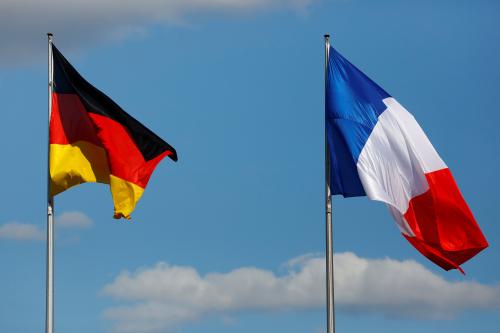
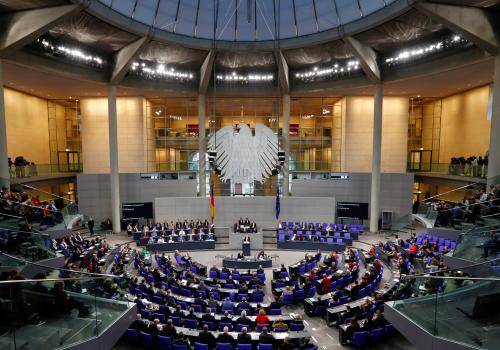
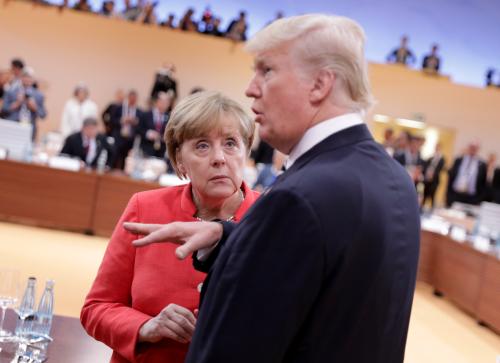

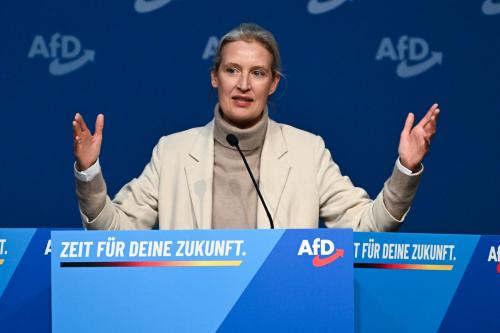
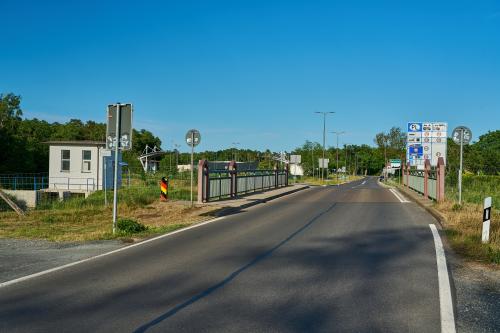
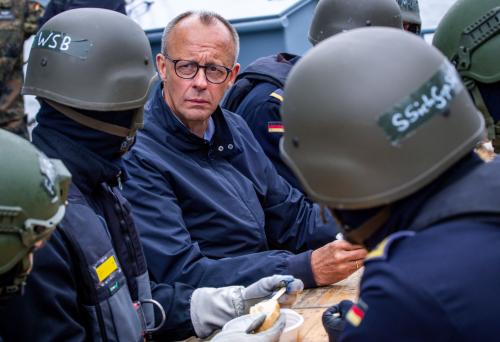
Commentary
Germans must start taking defence spending seriously
April 2, 2019